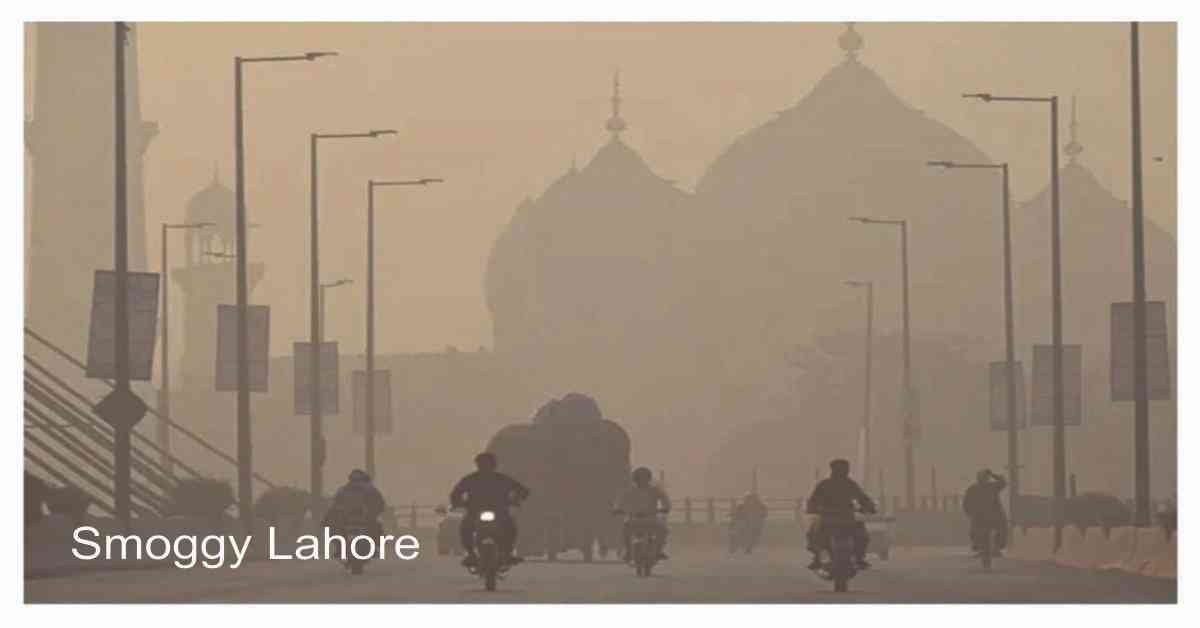Smog Crisis: LHC Orders Action Against Uninspected Vehicles
Additionally, legal action was taken against violators, resulting in two arrests and the registration of two cases.

The Lahore High Court (LHC), in its efforts to address the escalating smog crisis, has instructed authorities to impound vehicles operating without valid fitness inspections.
Justice Shahid Karim of the LHC issued a comprehensive three-page order during a hearing on petitions aimed at tackling the severe smog problem.
The judge emphasized the immediate need to seize vehicles that have not undergone proper fitness evaluations.
This directive comes as Lahore remains among the most polluted cities globally, with its air quality index (AQI) often categorized as “unhealthy.”
The city’s dense population, high vehicle numbers, and industrial activity are significant contributors to the alarming AQI levels.
Crackdown on Smog-Causing Vehicles
The Lahore district administration reported imposing fines totaling Rs13.5 million on vehicles lacking fitness certificates or contributing to environmental pollution in November alone.
Under the supervision of Deputy Commissioner Syed Musa Raza, a rigorous campaign against polluting vehicles is underway.
Key statistics from the crackdown include:
16,184 vehicles inspected from November 1 to 30.
2,691 smoke-emitting vehicles fined and 1,307 impounded.
1,602 vehicles without fitness certificates penalized, with 1,023 seized.
Authorities issued fitness certificates to 5,000 vehicles that met technical standards after evaluating the fitness of 8,000 vehicles.
Additionally, legal action was taken against violators, resulting in two arrests and the registration of two cases.
Focus on Industrial Emissions and Urban Forestry
During Monday’s proceedings, the court also requested a comprehensive report on the industries operating in Rahim Yar Khan district to assess their contribution to pollution.
The Parks and Horticulture Authority (PHA) informed the court that Lahore has a significant shortage of trees compared to the World Health Organization’s (WHO) standards.
In addition, the authority highlighted the urgency of addressing this issue.
The court noted that the proportion of tree cover in the city is far below the recommended 71.2%, highlighting the urgent need for afforestation efforts.
The smog crisis underscores the importance of immediate and sustained actions to combat pollution in urban and industrial areas, protect public health, and restore ecological balance.
